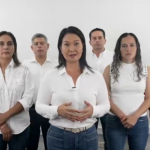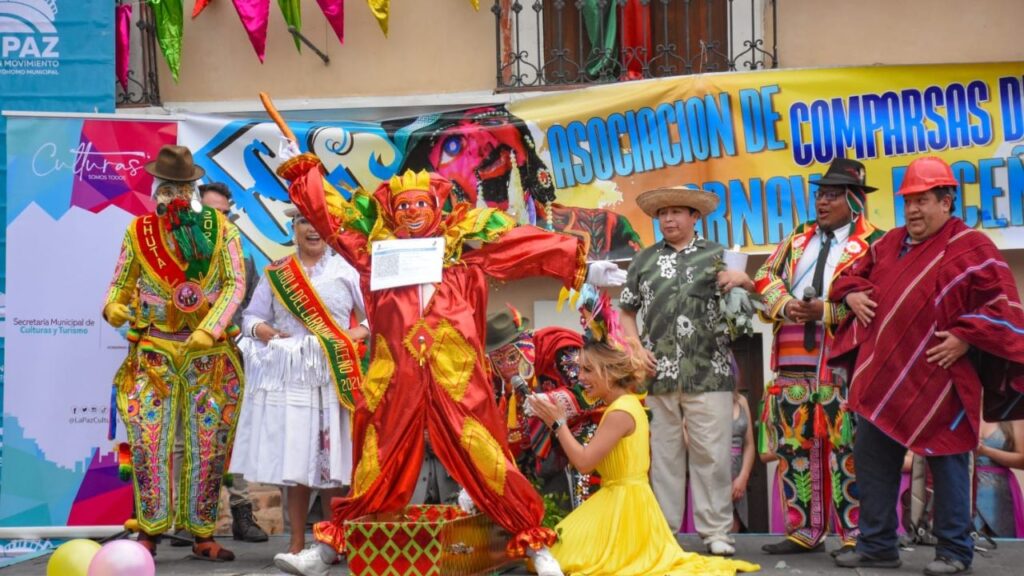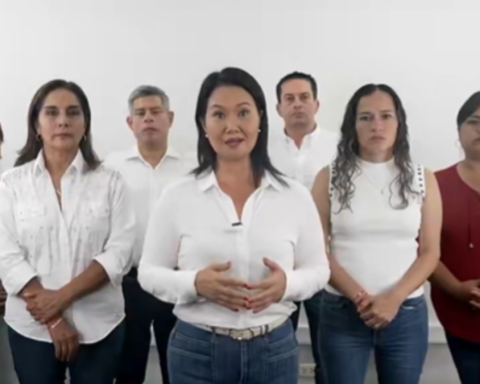Transfers to the provinces and the city of Buenos Aires as co-participation had a higher percentage growth in January than that of national tax collection for the first time in four months, after a 2021 in which they reached the highest level in a decade in real terms.
The first month of the year ended with an increase of 55% year-on-year in coparticipation remittances, 3.4 percentage points more than the 51.6% increase in national collection in the same period.
This improvement in the levels of transfers to the 24 districts in relation to collection was highlighted by different specialized consultants, after a 2021 in which the result was the reverse in ten months, with the only exceptions of March and September.
The nominal growth of 55% corresponded to one in real terms which varied according to the inflation projections of each consultant, pending February 15, when the National Institute of Statistics and Censuses (Indec) releases the Consumer Price Index for January.
According to CEPA
The Argentine Political Economy Center estimated a real growth of 3.4%, the Argentine Institute of Fiscal Analysis (Iaraf) one of 3.2% and Politikon one of 3%.
On the other hand, CEPA highlighted the importance of Co-participation resources, which on average they represent 71.3% of total provincial income.
Within this average, CEPA noted that “some provinces have a high level of dependence on shared national resources, such as Formosa, La Rioja, Catamarca, Chaco, Jujuy, San Juan, while, at the other extreme, collection levels of local resources are considerably greater, as in the case of the city of Buenos Aires”.
Economic activity consolidates its recovery and continues at 2018 levels.
In Nov-2021, the EMAE grew 1.7% vs. Oct-2021 and 9.3% vs. Nov-2020. Thus, the recovery of the fall derived from the pandemic and a good part of the retraction of the govt. of Let’s change pic.twitter.com/EZ9Z4pI9Fq
— CEPA Center (@ctroCEPA) January 25, 2022
This dispersion is evident in the percentages of coverage indicated by the consultant led by Hernán Letcher: in 2019, 93% of the resources of the province of Formosa and 91% of those of La Rioja corresponded to transfers by Co-participation.
At the other extreme, only in three districts national resources did not exceed local ones, with 27% in CABA, 42% in Neuquén (due to the impact of Vaca Muerta on Gross Revenue and royalties) and 50% in Buenos Aires. .
According to IARAF
The consultant highlighted that the $364,753 million of the Coparticipation in January was one of the highest for that month in real terms in the last twelve years, only surpassed by the first month of 2019.
“The comparison shows that shipments by co-participation and other special laws in January 2022 exceeded those of 2020 and 2021 in real terms by $24,201 million and $11,458 million constant, respectively,” the Institute indicated.
The differences between the percentage evolution of the national collection and the Co-participation largely due to the composition of the national tax structure, in which taxes converge whose distribution is shared with the provinces (especially VAT and Profits) with other resources that remain entirely for the Nation (mainly withholdings).
In January the co-participation to provinces grew for the second consecutive month – El Ciudadano – https://t.co/0ZwCCDdTQw
— IARAF (@IarafArg) February 5, 2022
Precisely, it was the 14.2% drop in income from export duties that determined that in January the Co-participation rose more than the collection.
In the opposite direction, the significant growth that withholdings had in 2021 (added to the Extraordinary Solidarity Contribution, which was not co-participated with the provinces either) had an impact so that in ten of the twelve months of the year the collection increased more than the co-participation.

On the other hand, modifications in the aliquot of co-participation of CABA had an impact on total transfers throughout 2021, but that impact ceased to have an effect in January 2022.
Due to its direct link with collection and economic activity in general, the evolution of co-participation cannot be analyzed without taking into account the impact of the coronavirus pandemic, both due to the initial restrictions within the framework of Social, Preventive and Mandatory Isolation ( ASPO) as in the successive subsequent relaxations.
In this regard, CEPA noted that in the first five months of the pandemic, co-participation registered year-on-year declines in real terms of 11.4% in March, 17.9% in April, 25.8% in May, 11.6% in June and 14.1% in July 2020.
As of August of that year, a recovery of 14 consecutive months began to be evident, interrupted in October and November 2021, while in December of last year the positive trend was resumed, confirmed in January.
Law 23,548 that established the Federal Tax Sharing Regime dates from January 1988 and in the 34 years that have elapsed has had successive modifications to its original distribution scheme, both by creating new taxes, suppressing others, modifying aliquots since at that time the city of Buenos Aires and the province of Tierra del Fuego did not have autonomy.

















